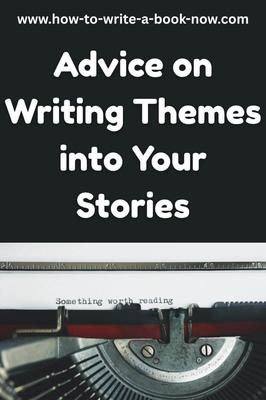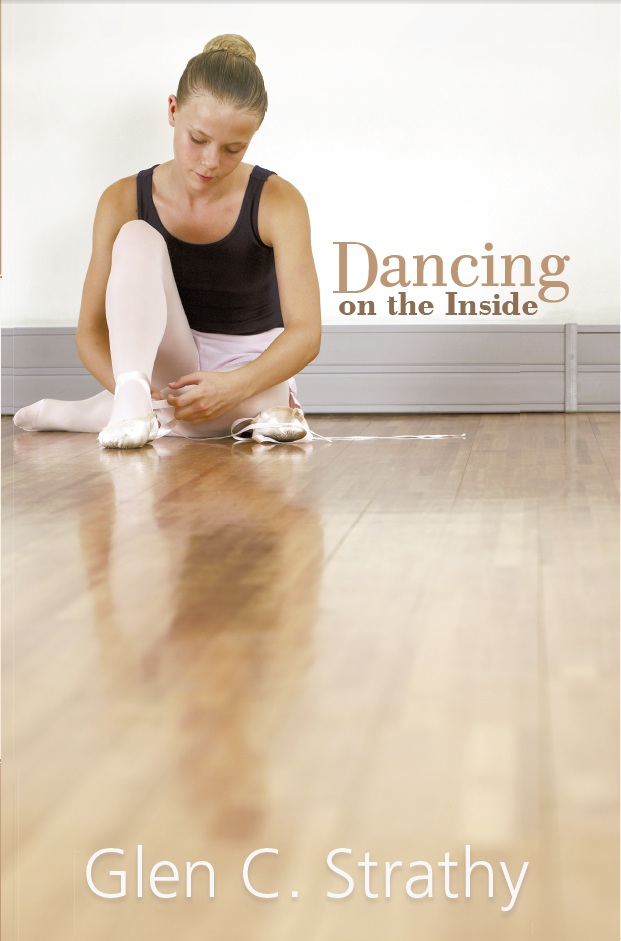Coward Character Turned Brave
Hello, Glen. First of all, I'd like to thank you for the simple but fantastic advice you give on this website, it's amazing! Second, I have a question concerning one of my characters. He's a normal guy, but who throughout the story is confronted with a lot of near-death situations. He isn't exactly a coward, but he has a lot of difficulty facing these situations. My question is how can I make a transition throughout the book that will realistically turn him into a braver person?
Answer: What is a brave person? Is it not someone who does brave things despite feeling afraid? If someone feels no fear in doing dangerous things are they really brave or are they foolhardy? Or perhaps psychopathic?
It is true that characters can be divided into two types: be-ers and do-ers. When faced with a problem, a do-er will want to do some external action to solve it -- such as mending a fuse, chewing someone out, or killing the monster. A be-er, on the other hand, will try to solve a problem by changing themselves -- for instance, being more diplomatic or trying to fit in. Sometimes it's fun to write a story about a "fish out of water," such as a be-er put into an action plot or a do-er in a story about deliberation.
What I'm saying is that sometimes it can be interesting to put a not-so-brave person in a situation where he is forced to do courageous things because there's no choice. An example might be Bilbo in The Hobbit.
Of course, you have to decide how much pressure to put on him. With some people, a little pressure can get the adrenaline going and put them in a state where they leap into action. Too much pressure will put them into a panic. They may get very emotional, but be unable to act otherwise. Extreme pressure can push someone into a kind of paralysis.
On the other hand, perhaps you want the arc of your character's inner conflict to be about this issue? Perhaps you want him to go from being someone who just reacts to problems to being proactive enough to nip them in the bud. In that case, you might create an impact character who represents who you want your character to become -- perhaps a brave warrior. Through their relationship and various events, your main character can be pressured by the impact character's example to become braver. The main character's personal crisis will be the moment he decides to fully embrace the new way of being. And that choice will enable him to bring about a happy outcome to the story.
Comments for Coward Character Turned Brave
|
||
|
||
|
||
|
||
|
||
|
||
|
||
- Home
- Character Questions
- Coward Character Turned Brave















